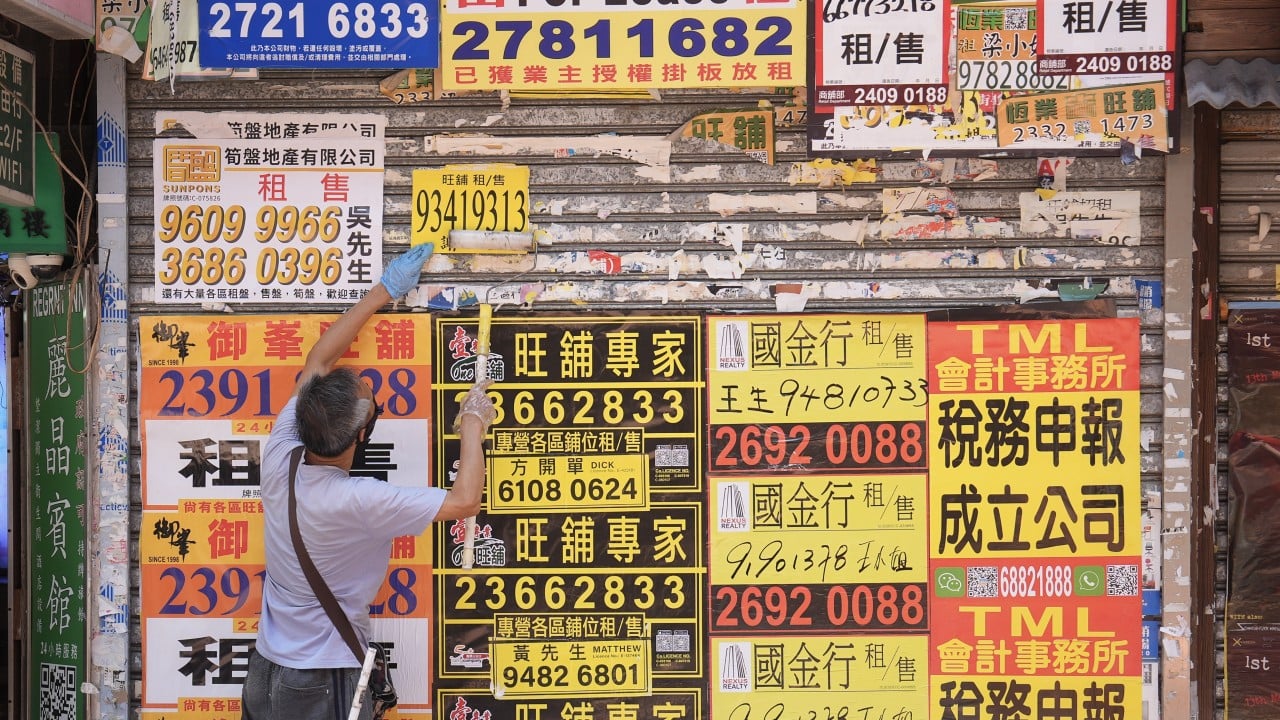Take a walk through some of Hong Kong’s most iconic streets and you might notice a puzzling sight: prime retail spaces in Causeway Bay, Wan Chai, Tsim Sha Tsui and other areas are papered over with all types of rental advertisements where there used to be a buzz.
Out-of-reach rental prices are often a result of a simple human instinct: the desire to hold out for yesterday’s peak prices. For many property owners, accepting a lower rent can feel like a step back, potentially affecting bank valuations or reputations that have been built over the years. However, accepting a slightly lower rent today may not be a step back, but a smart leap forward.
In the business world, the time value of money is important. Simply put, money in the bank today is a powerful tool that can be reinvested or used to earn interest, whereas a vacant property is an engine switched off. Many long-term property owners in Hong Kong may not prioritise monthly income, as they have made their money many times over. However, empty spaces are bad for Hong Kong.
Advertisement
Empty storefronts bring no engagement into the community, fail to create jobs or inspire commerce, and are simply bad for Hong Kong’s brand in the eyes of visitors. A lack of renovation doesn’t help a street’s energy or attract potential tenants.
Emptiness can be contagious; when foot traffic dwindles, nearby businesses suffer and a neighbourhood’s reputation dims. By holding out for a perfect number on a lease, one can unintentionally reduce the long-term appeal and value of the asset itself.
Hong Kong’s magic has always been its energy and speed. When spaces are active, the whole city benefits. An entrepreneur launches a new idea, a restaurant hires staff or a start-up finds a home, creating a virtuous cycle.

